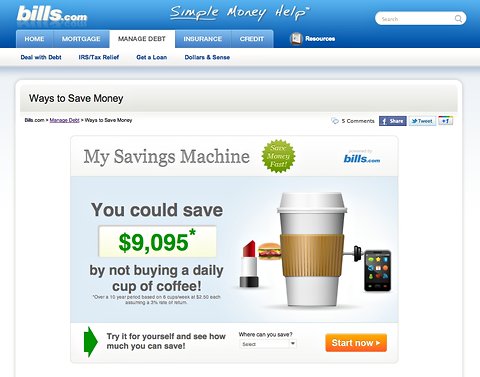PARIS — Cuba is seeking to overturn Australia’s tough tobacco-labeling rules at the World Trade Organization, the trade body said Monday, the first time the Communist-controlled country has made use of the forum to directly confront another nation over its commercial laws.
Cuba, the world’s dominant producer of fine cigars, has filed a “request for consultations” with Australia, Keith Rockwell, a spokesman for the W.T.O., said from Geneva, where the organization is based.
The two nations now have 60 days to reach an agreement, he said; if they fail to resolve their differences in that time, the next step would be for Cuba to begin a formal challenge with the establishment of a dispute resolution panel.
The request was filed on Friday but only made public on Monday, he said.
Cuba is joining Ukraine, Honduras and the Dominican Republic in challenging Australia’s tobacco-labeling laws at the W.T.O. All four nations argue that provisions of a 2011 Australian law, the Tobacco Plain Packaging Act, have created “technical barriers” to trade and violate intellectual property rights.
If Australia is ultimately found to have broken W.T.O. rules, it must either bring its laws into conformity or face retaliation in the form of increased duties on Australian goods.
As part of a national antismoking drive, Australia has passed some of the world’s toughest laws on the labeling of cigars, cigarettes and other tobacco products, prohibiting “the use of logos, brand imagery, and promotional text” and strictly regulating the use of brand names. Tobacco products in Australia are sold in standard dark green boxes with gruesome images of people with diseases caused by smoking.
Australian and Cuban officials could not immediately be reached Monday for comment.
Cuba, seeking to reinvigorate a stagnant economy, has in recent years allowed more free-market activity. It joined the World Trade Organization in 1995 but has never before brought a formal challenge. It has, however, been involved in cases brought by others, including a dispute between the spirits makers Pernod Ricard and Bacardi over United States’ rights to the Havana Club rum brand.
The tobacco case puts Cuba in some curious company in seeking to overturn a democratic country’s health laws in the interest of its tobacco exports. The global tobacco industry spent millions of dollars in an unsuccessful campaign against the Australian law, and it continues to resist efforts by others — including the European Union — to follow suit.
Nevertheless, New Zealand officials have said they are planning to follow Australia’s packaging example by sometime next year.
Article source: http://www.nytimes.com/2013/05/07/business/global/07iht-smoke07.html?partner=rss&emc=rss
